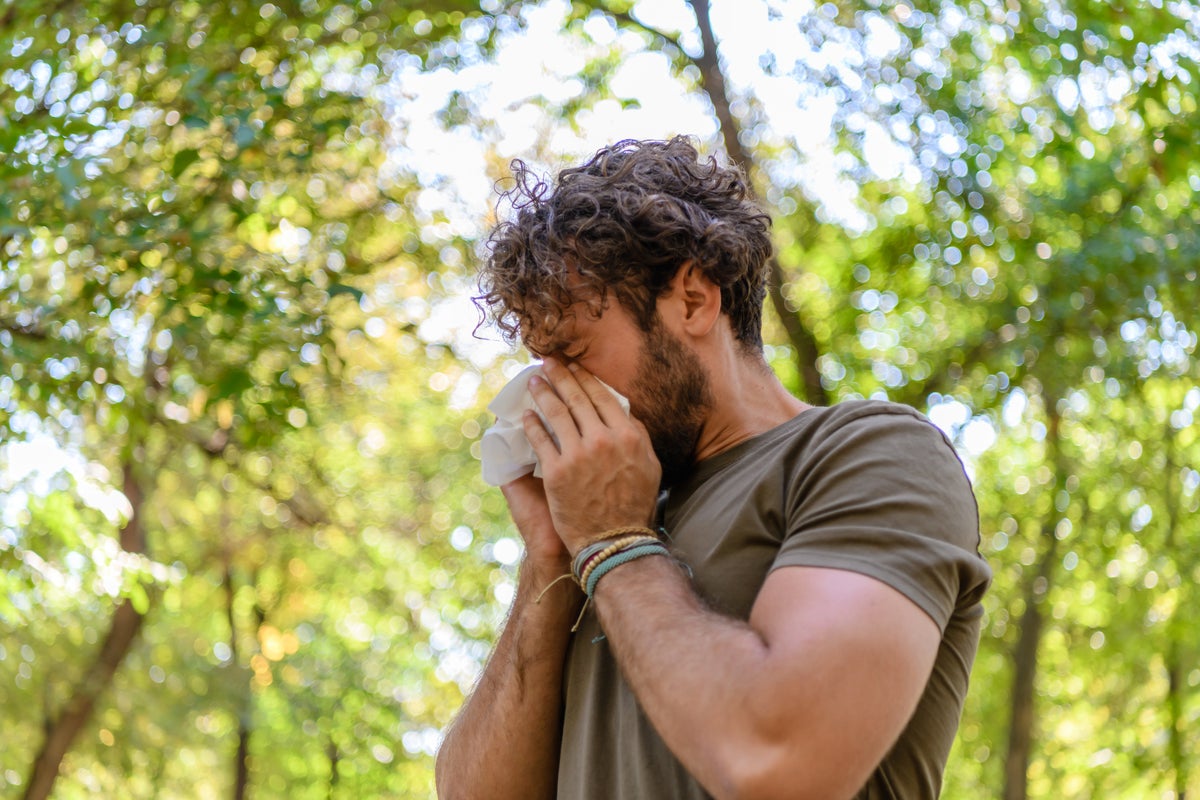Summer beckons with opportunities for travel, socialising, and sunshine.
But these months can be the ideal conditions for fostering the spread of viruses and bacterial infections.
Prioritising health during these warmer months is crucial.
After all, a positive Covid test or a severe case of food poisoning can swiftly derail holiday plans.
To ensure a healthy and enjoyable sunny season, experts have compiled eight essential tips to help you steer clear of illness.
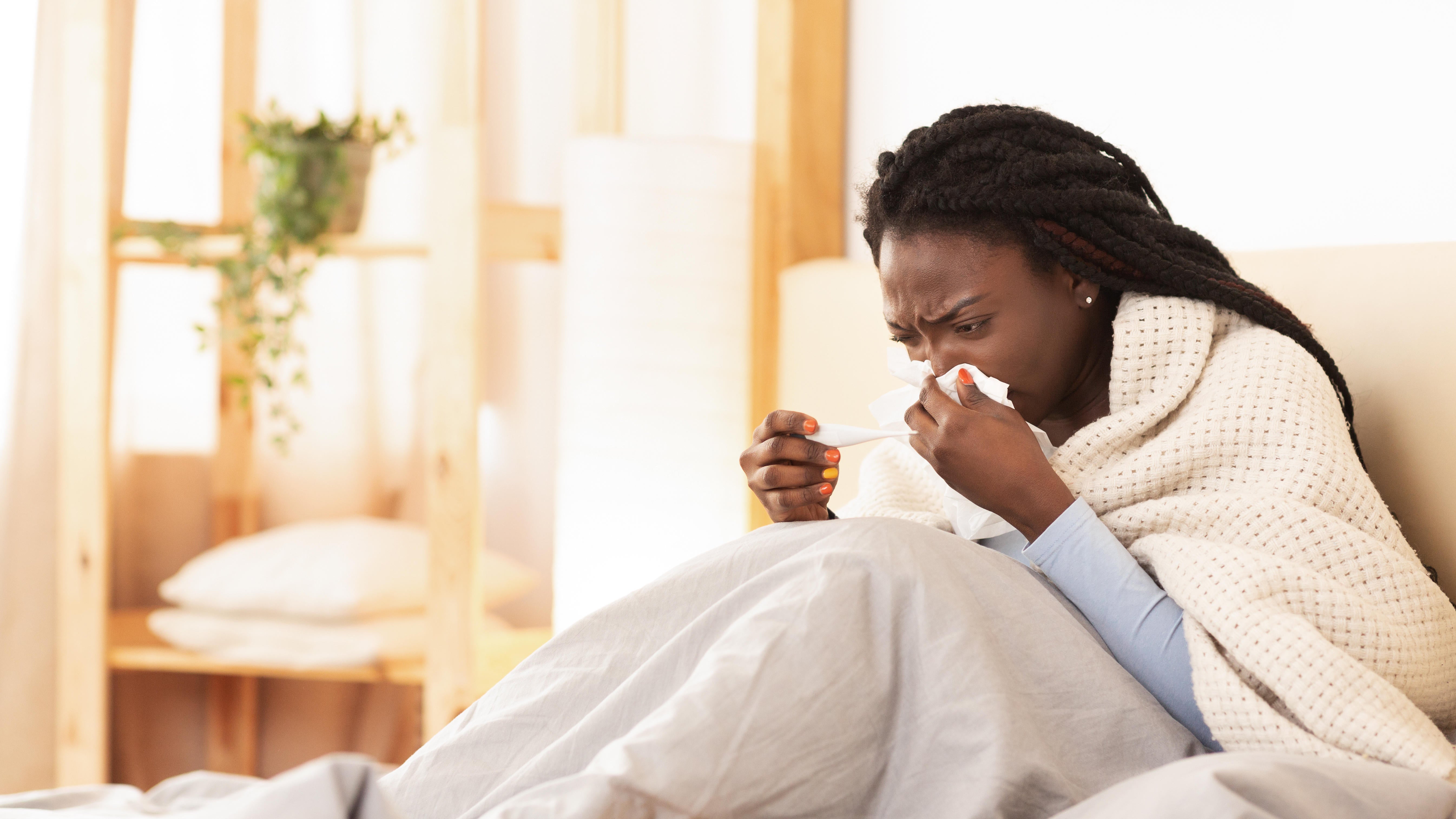
1. Stay hydrated and cool
“Heat-related illnesses are more common than many people realise during the summer, especially when temperatures climb or humidity is high,” says Dr Chun Tang, GP at Pall Mall Medical. “The best line of defence really is prevention, so keep hydrated, wear light, breathable clothing, and avoid strenuous activity during the hottest parts of the day, typically between 11am and 3pm.
“If you start to feel unwell, stop, find somewhere cool to rest, sip water, and use a damp cloth to cool your skin. If symptoms worsen, particularly if you stop sweating or feel confused, don’t delay seeking medical attention.”
2. Stick to cooked foods and bottled water
Summer is prime time for foodborne illness.
“Warm weather and outdoor meals, picnics, barbecues, street food, create ideal conditions for bacteria like salmonella, E. coli, and listeria, especially when food isn’t cooked properly or stored safely,” warns Tang. “To reduce the risk, keep perishable foods cold in a cooler or fridge right up until serving.
“Cook meats thoroughly and don’t leave food out for more than an hour or two in the heat.”
Dr Ireny Salama, GP and aesthetic doctor at London-based wellness and longevity clinic The HVN, agrees and adds: “It’s often the “fresh” things like ice cubes and salads that cause trouble abroad. Stick to bottled water and cooked dishes when you’re unsure about local hygiene standards.”
3. Keep up to date with vaccinations
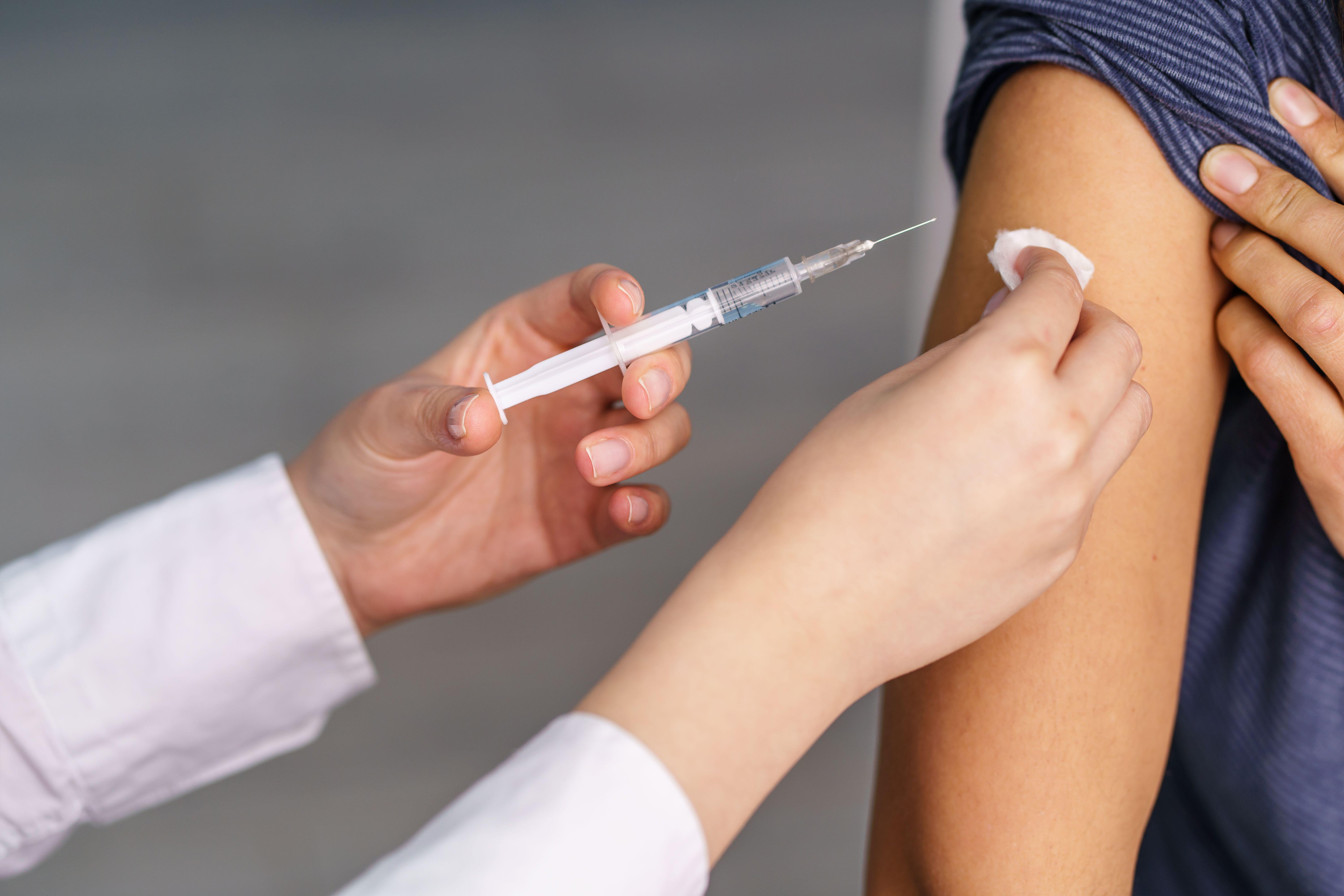
“While COVID-19 doesn’t follow seasonal patterns like the flu, summer holidays and gatherings can increase the risk of exposure, particularly in crowded indoor spaces,” highlights Tang.
“New variants continue to emerge, and immunity from previous infection or vaccination may decrease over time. Keeping up to date with vaccinations, including any boosters, remains one of the most effective ways to protect yourself from Covid.”
4. Build a summer wellness travel kit
“Four essentials: a foldable fan, rehydration sachets, a cooling mist and hand sanitiser, are simple but surprisingly powerful when you need them,” says Salama.
5. Practice good hand hygiene
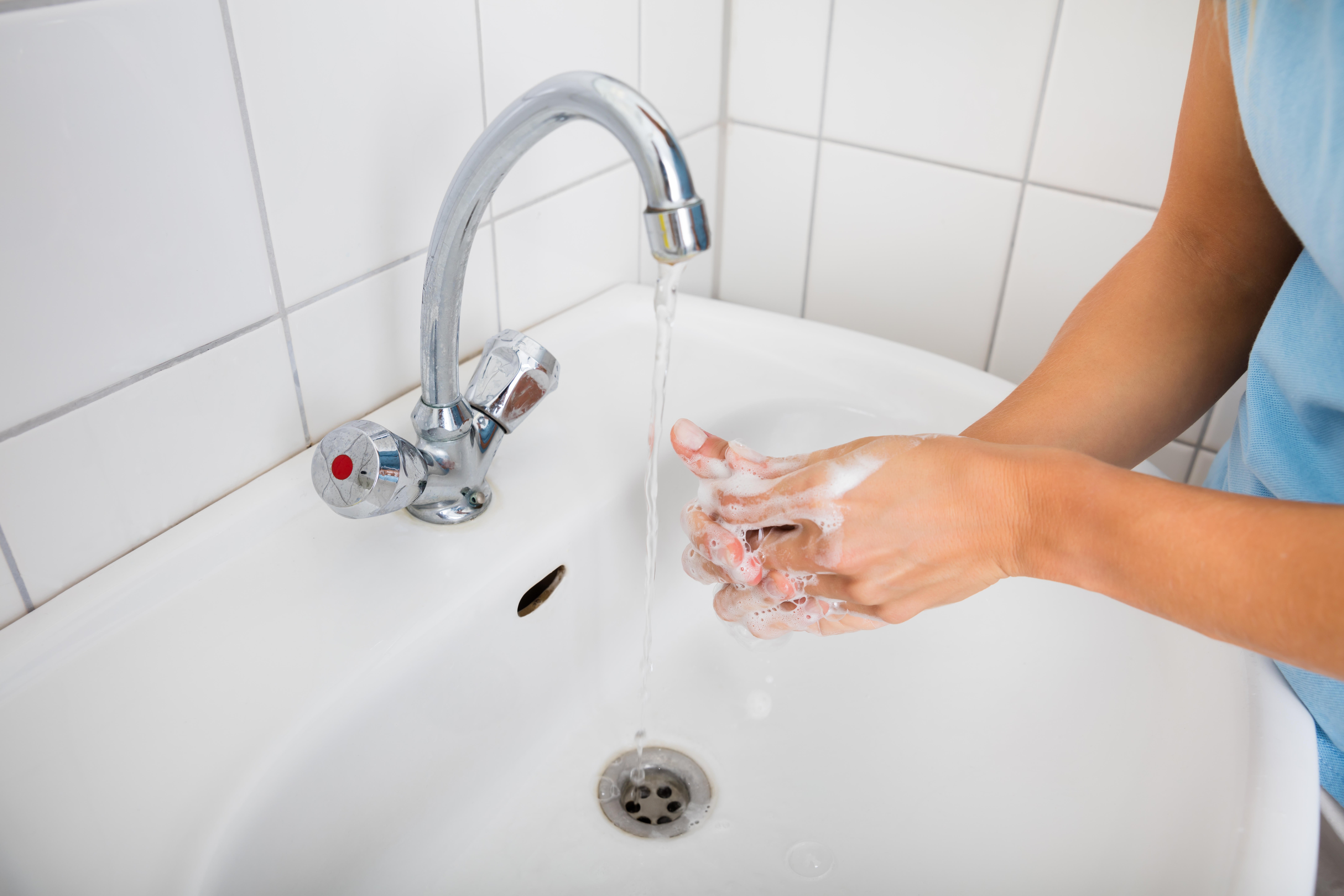
COVID-19, food poisoning and gastroenteritis can often be avoided by maintaining proper hand hygiene.
“Practice good hand hygiene before eating,” advises Tang. “Alcohol hand gels are helpful, but soap and water is your best bet when available.”
6. Protect yourself from mosquito-borne illnesses
Mosquito-borne diseases continue to pose a significant risk in tropical and subtropical regions.
“Dengue fever, Zika virus, and malaria are all transmitted via mosquito bites, and with climate change, we’re seeing these illnesses in new regions too,” says Tang. “Protection is key. Use an insect repellent with DEET, sleep under mosquito nets where appropriate, and wear long sleeves and trousers, especially around dawn and dusk when mosquitoes are most active.
“If you’re travelling to a high-risk region, speak with your doctor well in advance about any recommended vaccines or antimalarial medication.”
7. Regularly reapply sunscreen
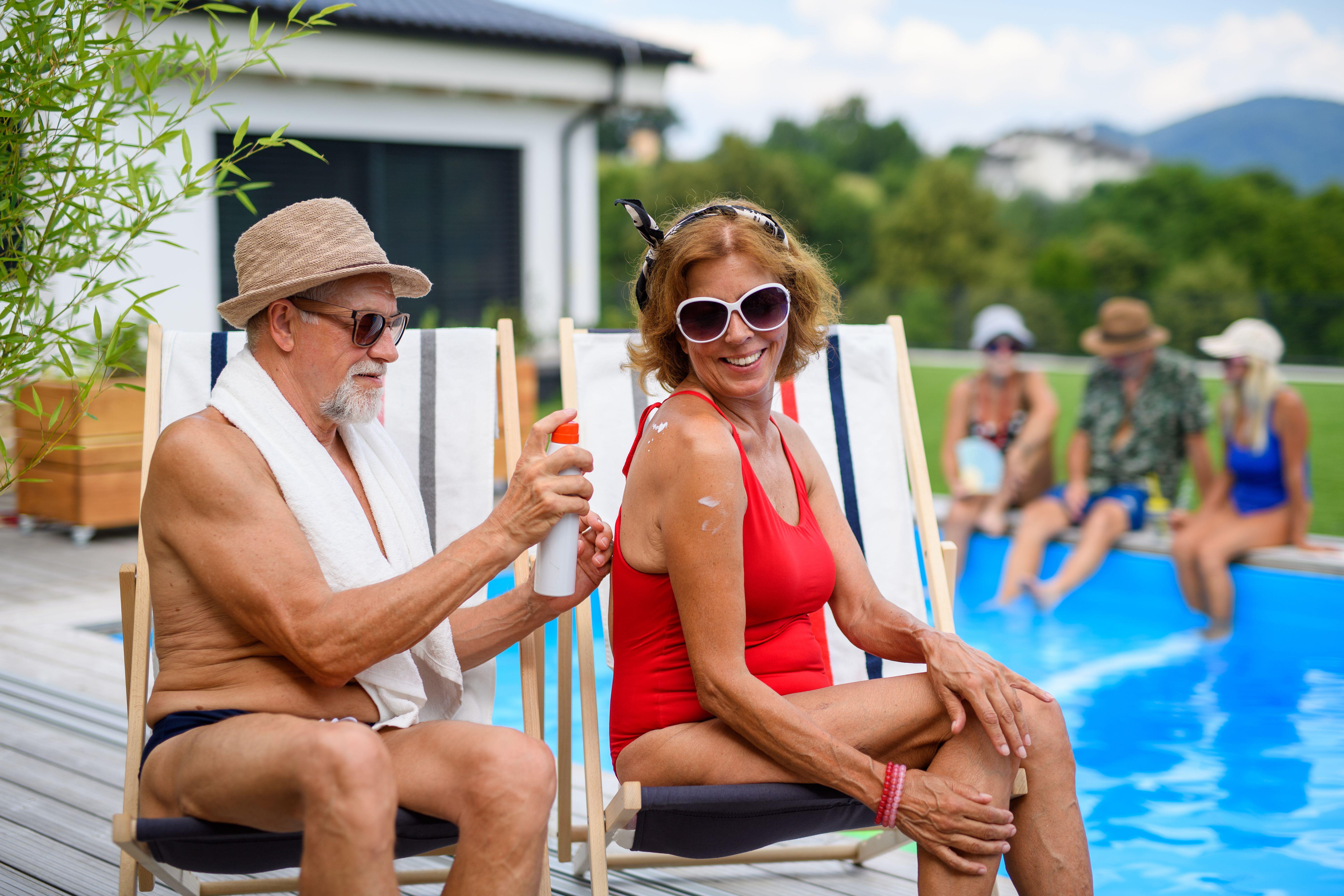
Don’t let your desire for a sun-kissed tan compromise your health.“Sunburn might feel like a short-term nuisance, but over time, repeated exposure to UV radiation can lead to serious skin damage and significantly raise the risk of skin cancer, including melanoma,” warns Tang. “Even mild burns accumulate harm over the years.“To protect your skin, apply a broad-spectrum sunscreen (SPF30 or above) generously, and reapply every two hours, more often if swimming or sweating. If you do get sun burnt, cool the skin with damp cloths or a cool bath, use moisturiser (aloe vera or unscented creams can help), and drink plenty of water.”
8. Adjust sleep schedule ahead of a long-haul flight
Adjusting your sleep schedule several days before your trip will help you start your holiday feeling refreshed and energised.“Long-haul travel can disrupt your internal body clock, causing sleep disturbances, digestive issues and general fatigue,” says Tang. “Travelling east tends to make symptoms worse, and it can take a few days to feel back to normal.“To reduce the impact of jet lag, try adjusting your sleep schedule a few days before travel. Once you arrive, get outside during daylight hours to help reset your rhythm.”


